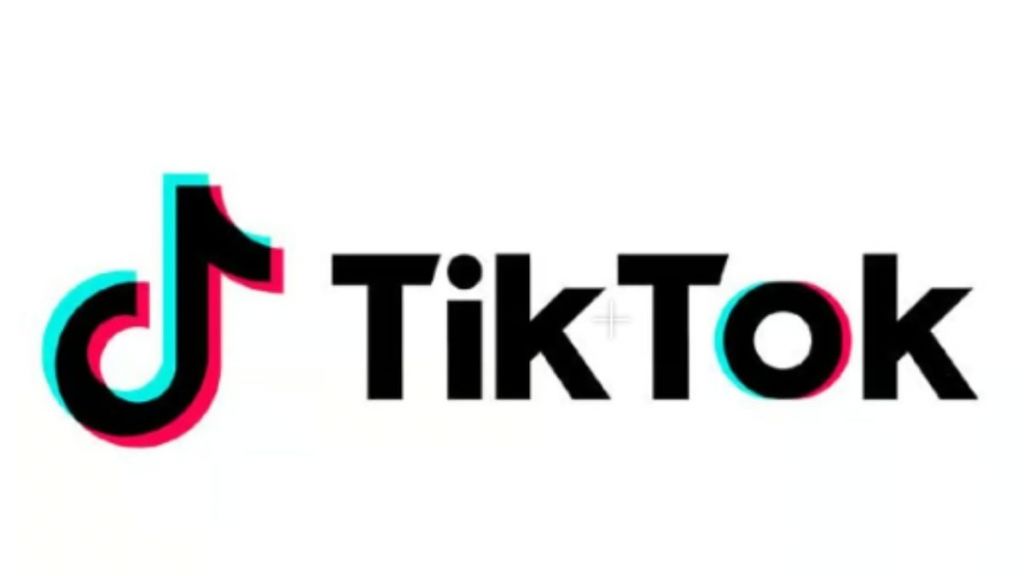
Washington: The US Supreme Court on Friday allowed a ban on Tik Tok to go into effect in the United States just days before President-elect Donald Trump is sworn into office for a second term. The ban will be effective from Sunday unless the app is sold by its China-based parent company; the unanimous decision may deal a death blow to the U.S. operations of the wildly popular app, which serves up shortform videos that are a leading source of information and entertainment to tens of millions of Americans, especially younger ones.
An Uncertain Future
TikTok’s future has been uncertain ever since President Biden signed a law last year that required the app’s Chinese owner, ByteDance, to sell the platform or be banned in the United States. Supporters of the law argue the app poses national security risks because the Chinese government could use the platform to spread propaganda or to conduct surveillance on Americans. However, a sale does not appear imminent and, although experts have said the app will not disappear from existing users’ phones once the law takes effect on Jan 19, new users won’t be able to download it and updates won’t be available. That will eventually render the app unworkable.
Over the past few years, publishers, authors and booksellers have grown increasingly dependent on TikTok to drive sales. Many of the top-selling fiction writers in the United States owe their success in part to exposure on TikTok.
“If TikTok goes away, there’s going to be a real hole in the market,” Dominique Raccah, the publisher and chief executive of Sourcebooks, told the New York Times.
About The Decision
The decision came against the backdrop of unusual political agitation by President-elect Donald Trump, who vowed that he could negotiate a solution. Trump, mindful of TikTok’s popularity, and his own 14.7 million followers on the app, finds himself on the opposite side of the argument. Trump said in a Truth Social post shortly before the decision was announced that TikTok was among the topics in his conversation with Chinese leader Xi Jinping on Friday.
It’s unclear what options are open to Trump once he is sworn in as president on Monday. The law allowed for a 90-day pause in the restrictions on the app if there had been progress toward a sale before it took effect. Solicitor General Elizabeth Prelogar, who defended the law at the Supreme Court for the Democratic Biden administration, told the justices last week that it’s uncertain whether the prospect of a sale once the law is in effect could trigger a 90-day respite for TikTok.
The justices were told by a lawyer for TikTok and ByteDance Ltd., the Chinese technology company that is its parent, how difficult it would be to consummate a deal, especially since Chinese law restricts the sale of the proprietary algorithm that has made the social media platform wildly successful.
The app allows users to watch hundreds of videos in about half an hour because some are only a few seconds long, according to a lawsuit filed last year by Kentucky complaining that TikTok is designed to be addictive and harms kids’ mental health. Similar suits were filed by more than a dozen states. TikTok has called the claims inaccurate.